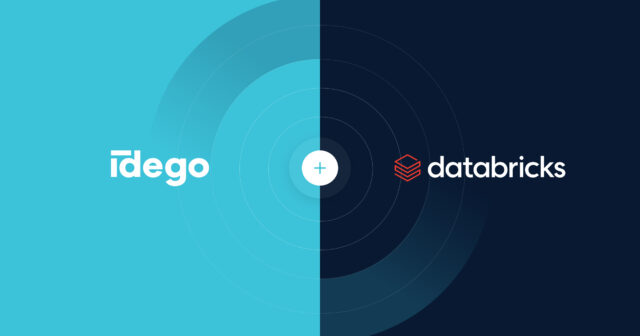
In the era of Python, it’s hard to find a programming language that could match one to one. The simplicity of this language, responsiveness, access to a huge number of frameworks, growing popularity makes Python run a bit ahead of the row. For a good reason, this reason is called Fintech. In the sphere of banking, simplicity and safety have been put on the pedestal for years. Managing multi-million transaction, trade, and risk management is time-consuming and requires the simplification of all processes as much as possible. The occurrence of any mistake, data leak, or loss of money creates a scratch on the bank’s/ startup’s brand for many, many years. It is hard to find a programming language that would be able to answer so many questions related strictly to financial management. It simply is not possible, it would be a compromise fight.
Ready-to-go solution is already here
When people entrust their life savings to you, you have no right to fail them. There is not a large margin of error in Fintech. Therefore, the entire industry is looking for simple and proven ways to manage banking software, there is no need or space for experimenting. Banking software, data analysis, cryptocurrency markets, or insurance software in its complexity, relies mostly on simple mathematical tasks. Only in huge amounts. Python syntax is really close to mathematical one, so this is an obvious choice because it helps to solve algorithm issues.
Customers do their shopping at every second of our time, they make transfers, receive transfers, make a huge amount of operations. Python is what most companies need to stable those big volumes of data. Living in the era of synchronization of web applications with mobile applications, there may be a need to create a REST API quickly – it won’t be a problem with the Django framework which has a lot of built-in features.
Time is extremely crucial in Fintech
Most of today’s startups are not in a position to dictate the conditions, because the competition is huge – from young and wild startups to huge industry giants. In Python, problems are solved much more quickly, because the average number of hours that need to be spent on solving the problem is three times slower than in C++. There is a huge probability that a programmer will create an MVP much faster in Python Django than in any other programming language. Quick deployment and much more readable code is a plainly game changer. Fintech is not a computer games industry, in which fixing the error can last for weeks. Here, any data leak must be stopped automatically. Every second is worth its weight in gold.
Taking into account an important factor related to time is the working time of programmers. A Python developer at the same level of proficiency as a C++ programmer will probably write a similar web application faster. This is a huge saving for a new company. A good example of fintech companies that uses Python in its technology stack is Revolut – a secure, mobile based current account that allows you to hold, exchange, and transfer without any fees. Another example that can be used here is peer-to-peer lending website called Zopa, a lending company that gives people access to simpler, better-value loans and investments. There are many, many more examples of huge companies that oscillate around Python and its useful frameworks.
Sky is the limit for Python!
A cohesive and adaptable project often requires adaptation to a fast and competitive market. Currently, Python is in a dominant position because the number of frameworks that it has allows to quickly implement new features. There is no need to write your own frameworks, those ready frameworks are just waiting for proper application. There is really a lot of them (Scikit-learn, Pandas, Seaborn, Django). The one who does not adapt to the client’s requirements will not stand the pressure and will lose the race. Another thing about Python is its agility. Thanks to the simplicity of this language, any programmer, even the less experienced one, can cope with the implementation of new knowledge. Integration with new systems, frameworks will not be problematic, because of its safe and proven solutions.
Java today is as good as Python
Despite the growing popularity and stability of Python in Fintech, it’s hard not to mention Java here. There are a huge number of companies that use Java, it’s a great decision. It’s just a popular language in which a lot of programmers work, so finding the right person for a job should be a little problem. It’s because most programmers in banks are there long enough and are so experienced that it’s hard to find a competent person. Java exists for a very long time on the market. That means more or less that it has been developed for a long time to the commercial market. So there are situations in which Java will be much faster than Python. Besides this Java is a clearly better choice for cross-platform support.
Building a brand new, super unique product or service requires safe and proven solutions. Python/Django have all of those features which you could find in this text. A framework that is over 16 years old just cannot fail. It’s proven and used by the largest in the industry for years. The same situation applies to Python which popularity is growing in the last years in many, many different industries.









 Andrzej Kopera • Sep 05
Andrzej Kopera • Sep 05

